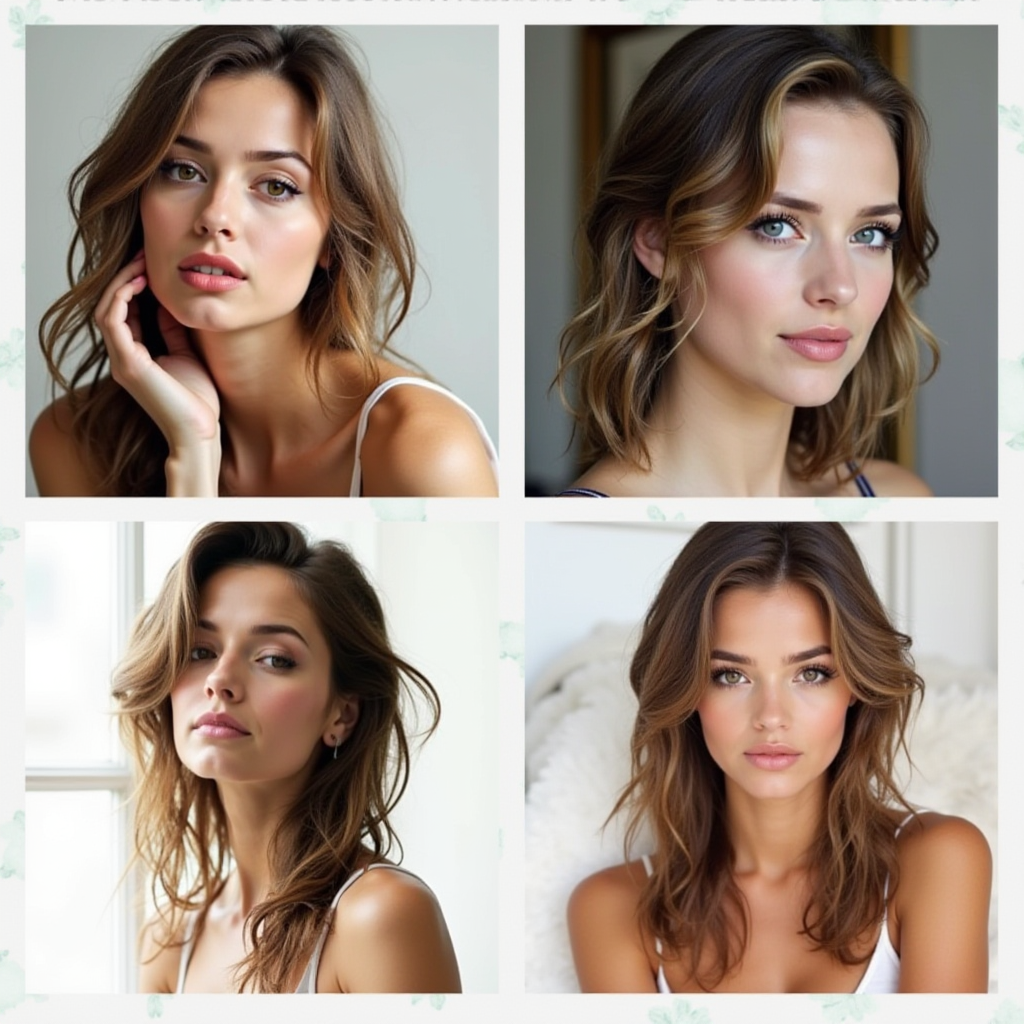Is It Really That Bad To Sleep With Wet Hair? Experts Settle The Debate Once and For All

After a refreshing nighttime shower, the last thing on our minds is drying our hair. When exhaustion sets in, reaching for the hairdryer feels like an unnecessary chore—leading many of us to opt for bed over blow dryers. But how detrimental is it really to sleep with wet hair? Let’s delve into this debate and uncover expert insights.
The Effects of Sleeping With Wet Hair
While the allure of extra shut-eye may seem tempting, experts warn against the habit due to several potential adverse effects:
Hair Breakage
- Fragility of Wet Hair: Certified trichologist Bridgette Hill explains that wet hair fibers are more fragile and susceptible to damage. “The friction between wet hair and fabric during sleep can cause fissures,” she notes.
- Elasticity Concerns: According to Hadley King, MD, a board-certified dermatologist, water temporarily alters the protein structure of hair strands, increasing elasticity and making them more prone to breakage. However, this effect is less pronounced in curly or textured hair.
Disruption to the Microbiome
Sleeping with wet hair can disrupt your scalp’s microbiome balance, which is crucial for healthy hair growth. Increased sweat and sebum accumulation can hinder follicle health and function.
Bacteria Growth
- Increased Bacterial Activity: Celebrity hairstylist Marty Harper warns that damp conditions are ideal for bacterial proliferation on the scalp and in your strands, potentially leading to mold growth on pillows or bedding.
Possibility of Breakouts
Excess moisture can lead to scalp acne by trapping bacteria. This condition may result in itchy or sore outbreaks.
Can Worsen Dandruff and Other Scalp Conditions
Damp environments are conducive for bacteria and yeast growth, potentially exacerbating conditions like dandruff, psoriasis, and eczema.
Tips For Sleeping With Wet Hair
If you find yourself with wet hair on a restless night, here’s how to minimize potential harm:
- Choose the Right Pillowcase: Opt for satin or silk pillowcases to reduce friction. These materials allow your hair to glide smoothly as you sleep.
- Styling Options: Consider styling your hair in a way that promotes airflow and reduces tangling—braids, loose plaits, or even twists work well.
- Nourish Your Hair: Use hair products with slip-enhancing properties or apply a nourishing mist like the Fekkai Super Strength+ Protein Power Bond Mist before styling.
For those with curly textures, pinning your hair in a pineapple style can prevent tangles and breakage. For straight-haired individuals, avoid tight ponytails to minimize tension on wet strands.
Add Your Own Insights
Incorporating these expert tips into your nighttime routine can help maintain your hair’s health even when you’re short on time. Remember, while an occasional sleep with wet hair isn’t catastrophic, making it a habit is best avoided for long-term hair vitality.
Ultimately, personal experiences may vary; some people might find they have no issues sleeping with wet hair occasionally, but for others, consistent damage could result over time. Listen to your body and hair—your ultimate guide!